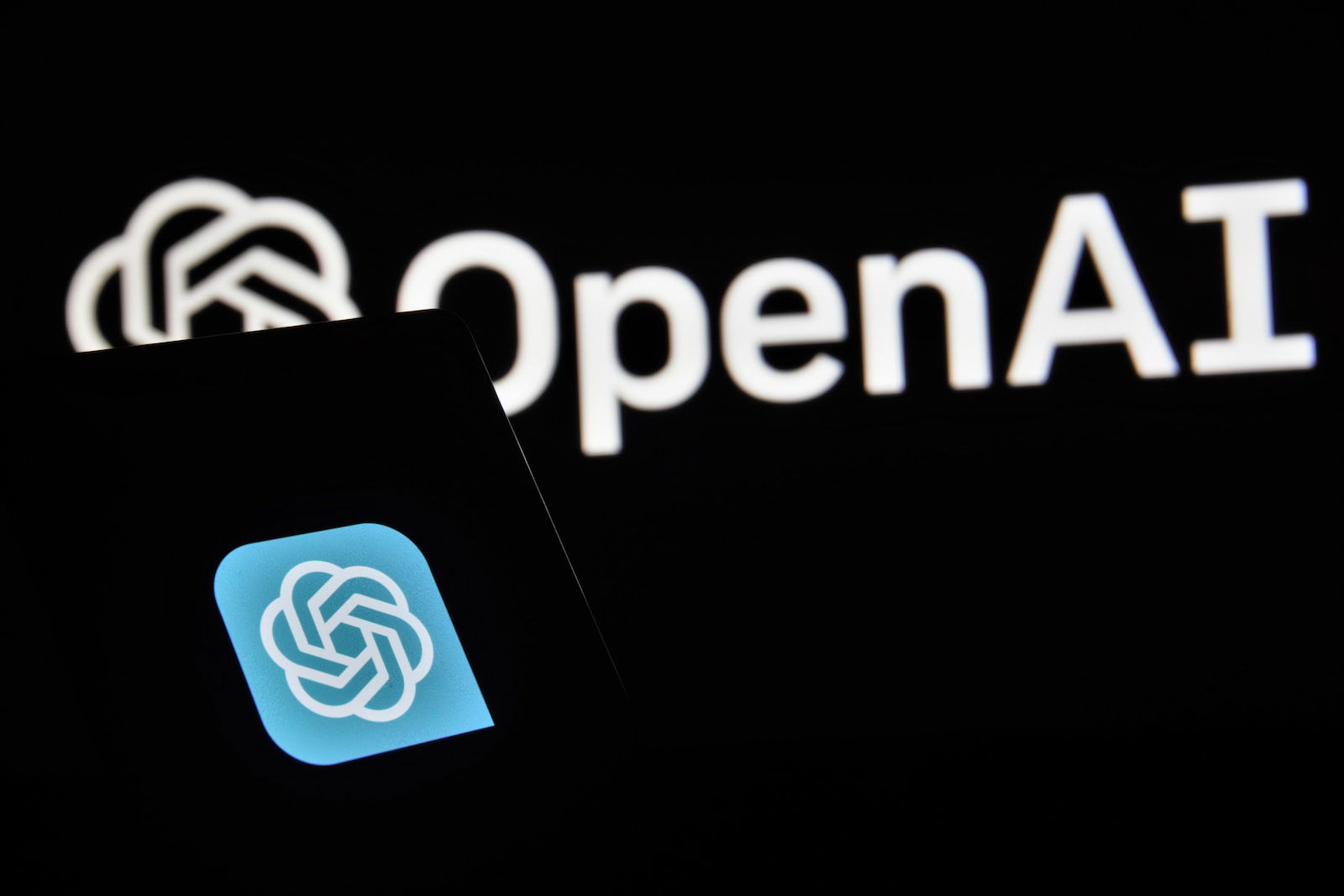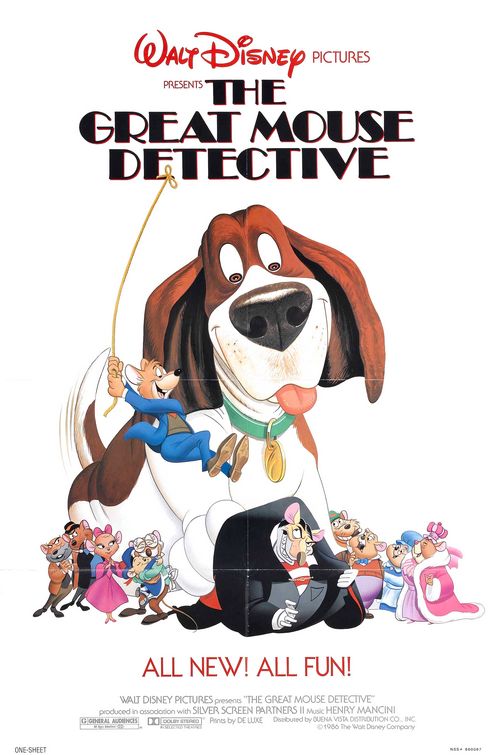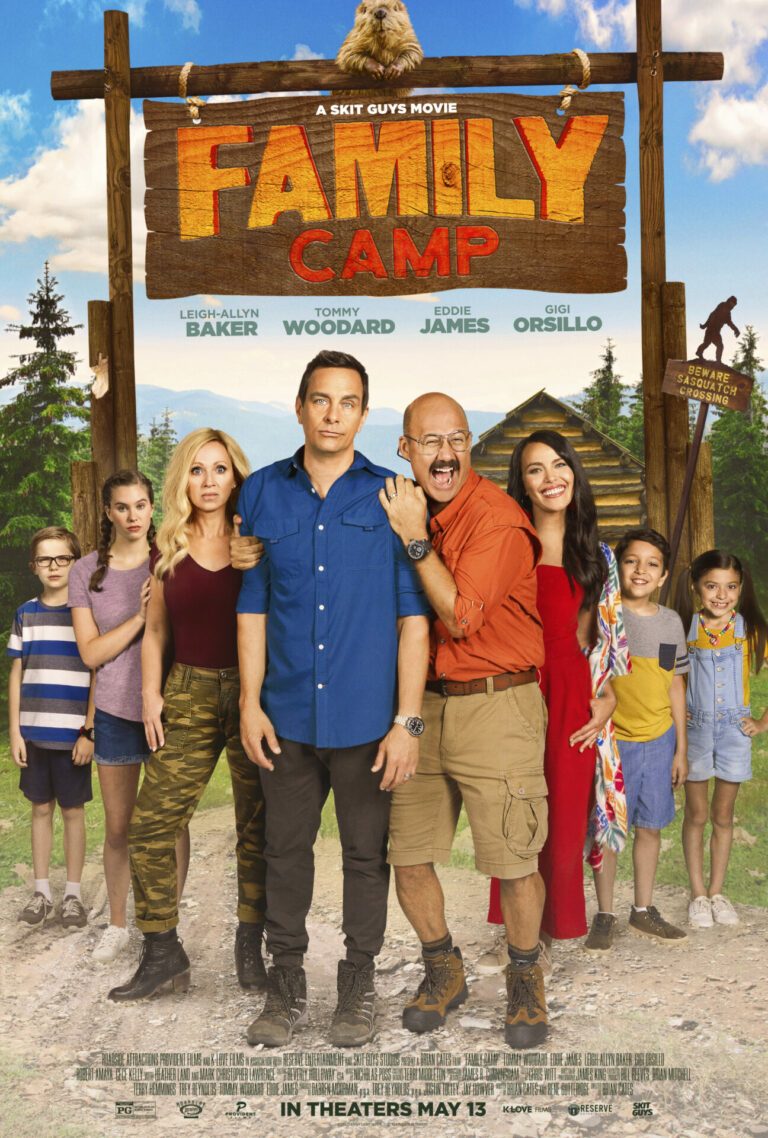 Congress Looks to Regulate AI’s Use in Entertainment
Congress Looks to Regulate AI’s Use in Entertainment
By Movieguide® Contributor
As actors consider the use of AI in their field, Congress is also looking to regulate how the technology can be used to reproduce the likenesses of living and dead entertainers.
The “Nurture Originals, Foster Art and Keep Entertainment Safe” (NO FAKES) Act was introduced to Congress earlier this month. The bipartisan supported bill seeks to make it illegal to reproduce “digital replicas” of the living or dead without their explicit consent.
“The explosion of popularity and capability of generative artificial intelligence has flooded the internet with AI-created songs, videos and voice recordings which exploit the voices and likenesses of our members without their consent or compensation,” said SAG-AFTRA national executive director Duncan Crabtree-Ireland, explaining the rationale behind the bill.
“For our members, their voice and likeness is their livelihood. They spend a lifetime improving their talent and building their value,” he continued. “It is outrageous to think someone can undermine that value with a few prompts and clicks on a keyboard.”
Under the NO FAKES Act, people, companies and platforms would be held liable for the “production of a digital replica without consent” or “publication, distribution or transmission of, or otherwise making available to the public, and unauthorized digital replica, if the person engaging in that activity has knowledge that the digital replica was not authorized.”
Violations of this act would result in $5,000 per violation or the full amount of any damage caused by the digital replica.
The act would also allow actors to license their likenesses for AI replication if that person is “represented by counsel in the transaction and the assignment agreement was in writing.”
This licensing extends to dead actors who could be digitally replicated only with consent from their executors. This protection would extend for 70 years, the current duration of the statutory postmortem rights of publicity that exist in California, Hawaii and South Dakota.
Should this bill be passed, it would regulate a key issue in the ongoing actors’ strike. SAG-AFTRA negotiators have been working to protect their union from unlicensed reproduction of their members.
This act, however, would extend beyond regulating a studio’s ability to create a digital replica and would also require social media platforms to police the content on their sites and remove any content that they determined was in violation of this law.
Under the current proposed bill, there would be a select number of institutions approved to create digital replicas without explicit consent, including news, public affairs and sports programs, documentaries, biographical works, and parodies.
Movieguide® previously reported:
Robin Williams’ daughter Zelda recently spoke out against AI recreations of her father that imitate his voice.
On Sunday, she took to her Instagram stories to express her frustration with the technology.
“I am not an impartial voice in SAG’s fight against AI. I’ve witnessed for YEARS how many people want to train these models to create/recreate actors who cannot consent, like dad,” she shared.
The use of AI in the entertainment industry played a large role in the WGA strike and the ongoing SAG-AFTRA strike.
Questions or comments? Please write to us here.


 - Content:
- Content: 

